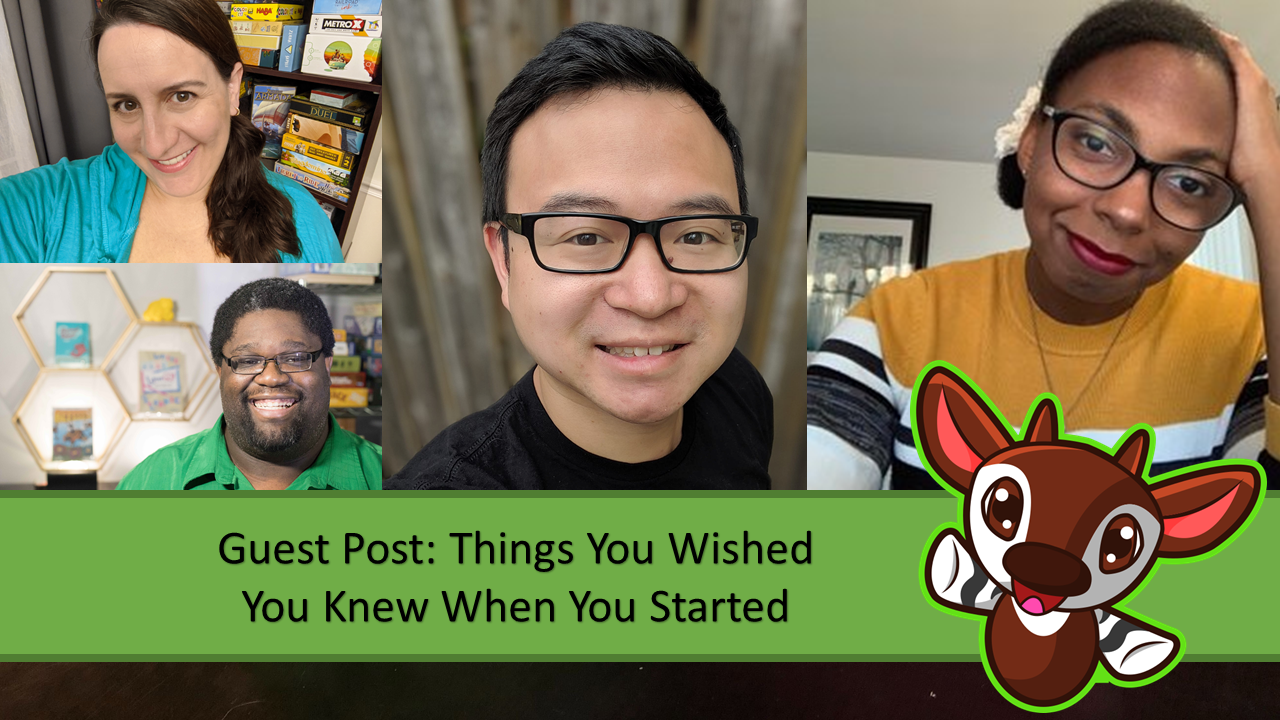
I know a lot of amazing designers, and I wanted to highlight some of them, which is why I’m starting some guest posts! Each post will be a question about design or publishing and will hopefully give you a variety of perspectives to learn from.
What do you wish you knew when you started designing games?
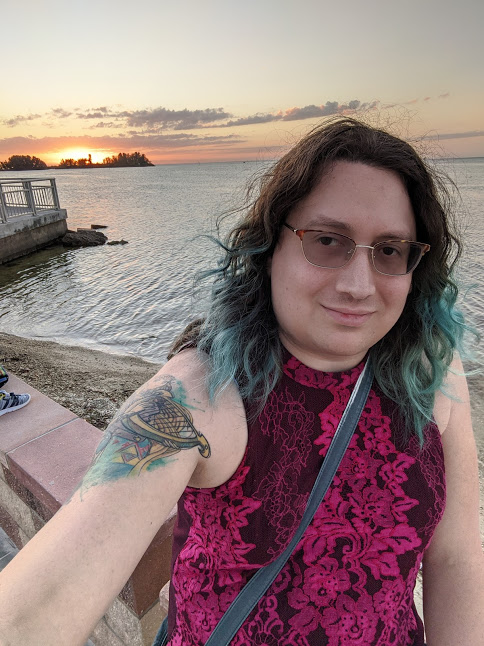
“That there was nothing stopping me. There’s no guarded gate you have to enter through. You don’t have to do anything special. You don’t even have to set out to make something publishable. It’s just a matter of making a game and having fun doing it.” – Mattie Schraeder, @AFrozenPeach

“I wish I knew that I was going to make more than one game. When I started my first game, Book of Villainy, I thought it’d be one and done, so I approached social media that way. My Twitter handle was my game name, and I made an Instagram and Facebook group just for it.
While it was no huge error, it did hinder me in connecting with more people in the industry early on, because someone with their game name as their Twitter handle seems almost spammy, even if their content isn’t.” – Fertessa Allyse, @fertessa
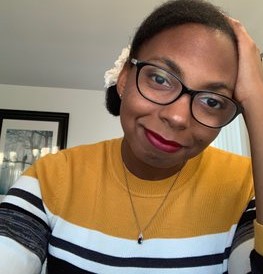
“That there’s no right way to get started when it comes to designing games, nor is there a threshold that needs to be reached before one can call themselves a designer. I can only imagine where I’d be if I had acknowledged that I was not going to get it perfect the first time, let alone the 10th time, and so for that reason I should just get started on the actual designing instead of trying so hard to get ready to do so.” – Raven McKenzie, @_RavenMcKenzie

“The biggest thing I wish I knew is how important incremental changes are. In my early days, I would find tons of problems that needed to be solved after each playtest, and I would try to solve all of them at once in the next iteration. I would basically end up overhauling my entire game each time. It was a game changer once I figured out that I should only be changing one thing in between each playtest.
Changing anything in a game causes a domino effect throughout the whole design, so only changing one thing at a time made it much easier to trace its direct outcome.” – Sara Perry, @saraperry96
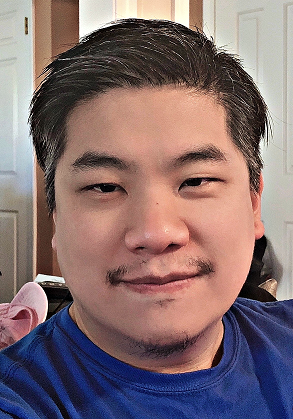
“Having a great idea for a game is only 10% of the work involved in bringing a game to life.” – Nicholas Yu, @yutingxiang
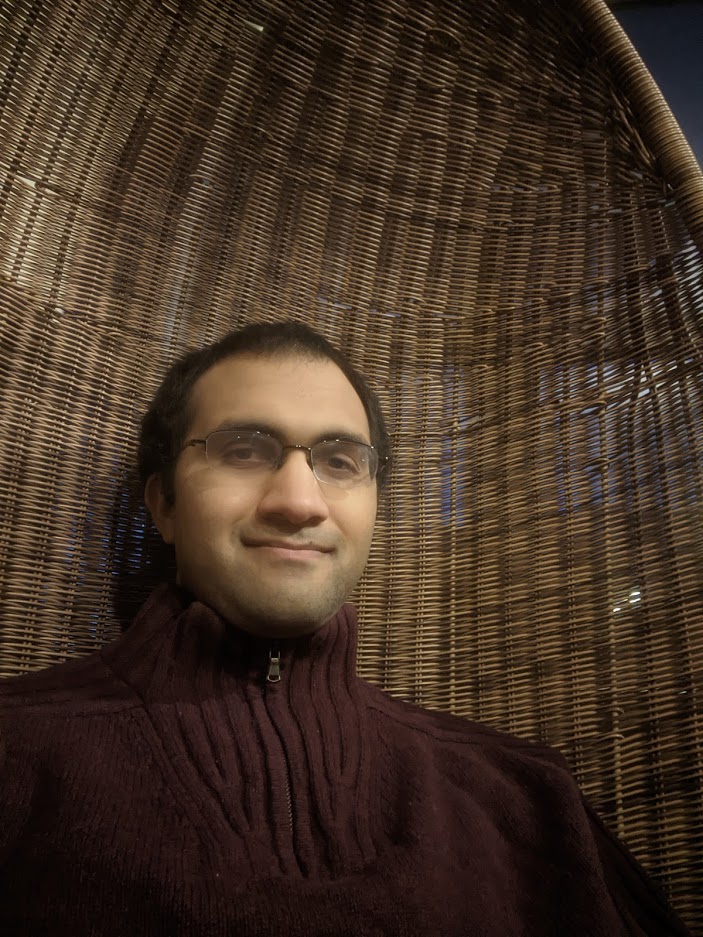
“I started designing games when I was about five years old. I took it a lot less seriously then and did it mostly for the fun of designing. I didn’t even play some of my games; some of them I only played once with friends and then abandoned. I suppose I wish I had known back then about how important playtesting and iteration is to game design. The first time you playtest an idea it is bad. But not all of it is bad.
You have to focus on what works and discard what doesn’t. And you have to be willing to play it many times until everything that doesn’t work is gone.
Also, I wish I had known about more board games back then. I was basing my designs off TCGs like Pokemon and mass-market games like Risk and Monopoly, so my early designs were mostly TCGs, area control games with dice-based combat, and roll-and-move games. I only discovered the world of modern “hobby” board games in high school. You need exposure to lots of different mechanics to come up with innovative ideas. Plus modern board games are a lot more fun. Sometimes I look back and am astounded by how much I liked Risk back then.” – Ananda Guneratne, @AnandaGuneratne

“I think one thing that I wish I knew about in the very beginning was Tabletop Simulator. I’m very motivated by visuals in my process, so having this tool to make digital prototypes would’ve saved some money and time back then.” – Jadyne (Jay) Bell, @thejaybell

“I wish I knew how important it was to have outside feedback for your game. My friends and I formed a small design circle early on. We figured we didn’t need playtesters because there were already 4-5 of us who could playtest it ourselves. It didn’t take long for us to complete something and just assume its done because it felt good and made complete sense to us.
Looking back at those designs (that obviously went nowhere), it’s easy to see many oversights that could have been pointed out by someone outside of our immediate circle.” – David J. Bruglia, @DavidBruglia
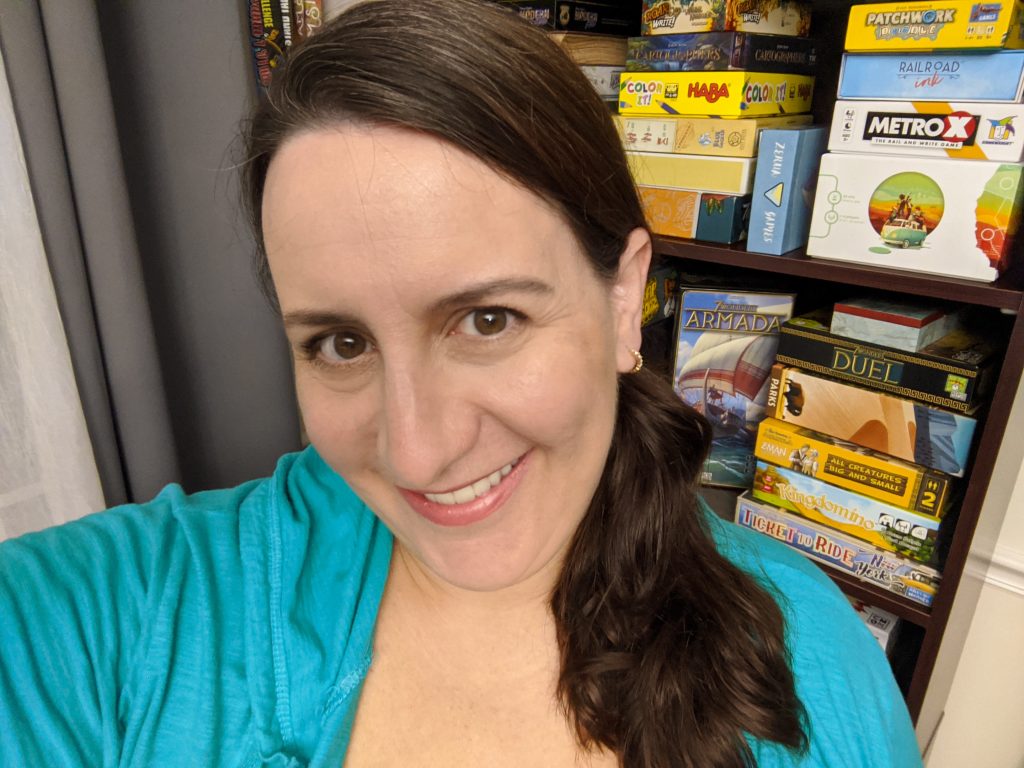
“Don’t fall in love with your first form – its absolutely going to change, probably a lot. I had a hard time letting go of my first scoring system, but once I let it go that game became so much more accessible. Be prepared to adapt and change things up to make a better game!” – AnnaMaria Jackson-Phelps, @annamaria_jp
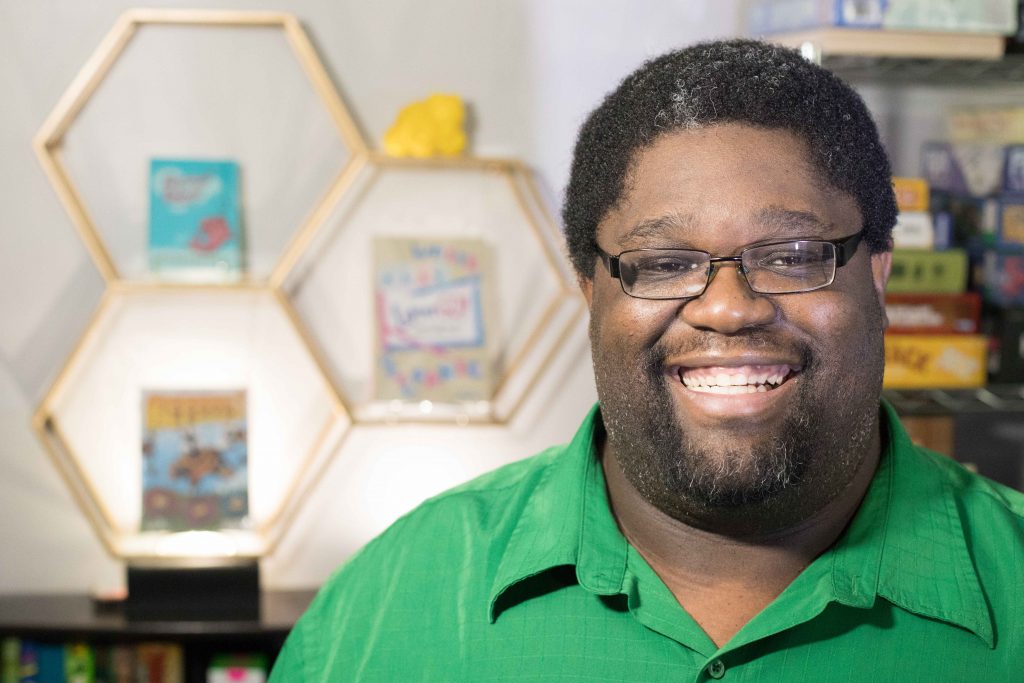
“It’s not entirely obvious, but one of the most important aspects of your game is that it must be fun to lose. In a typical four-player game, three of those players will lose and that’s not inherently entertaining. The most highly regarded games tend to give players a feeling of personal achievement when it’s over.
Even if I didn’t win, I was able to activate my full engine and do a cool thing, or I beat my high score, or the state of the final board is a unique artistic pattern I built while playing. Winning still has to “matter”, but a sense of accomplishment can go a long way. A cool hook is only a good start.” – Marcus Ross, @waterbeargames

“There are different design philosophies, but one I’ve stuck to is to identify the core fun experience of your game and make sure everything you design is in service of it. You can’t make a perfect game, and there will always be a portion of players who won’t like your game. I spent a year or so trying to fix a problem that didn’t need fixing and wound up scrapping some parts that detracted from that core experience.” – Joseph Z Chen, @fanfactories
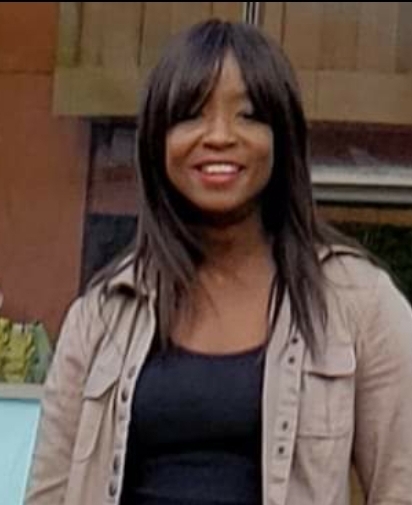
“I wish I knew that there was a supportive community of board game designers to tap into. I wish I knew there were mentoring programs for board game designers to take advantage of.” – Chidi Page, @chidipaige

“There are no correct design decisions, only the best decision for your game and you as a designer. Also, you cannot satisfy everyone with your game so do not sweat making everyone happy.” – Tony Tran, @tonymakesgames
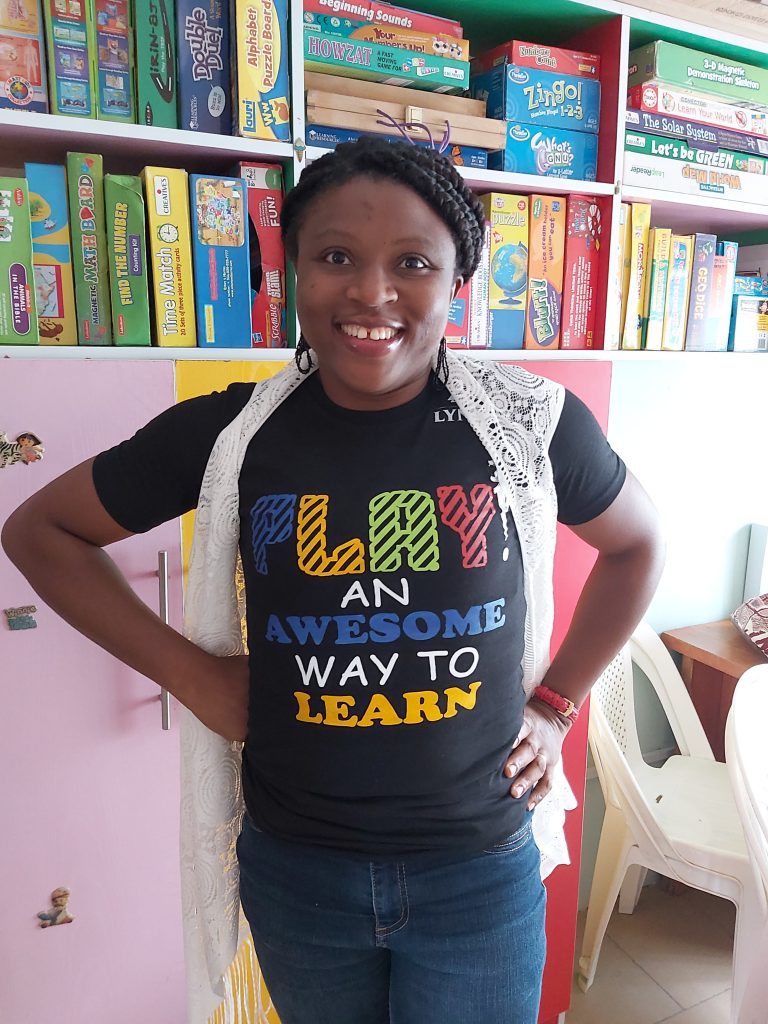
“A lot more about game mechanics!” – Bassey Onwuanaku, @BusyBassey
Did you enjoy this entry? Which designers would you want to hear from next? Please let me know! I’d love to hear what you think and what kind of things you’d like to see from this blog. Feel free to send me an email or comment with your thoughts!
Don’t forget to sign up for my mailing list, so you don’t miss a post: https://tinyletter.com/carlakopp
Thanks for writing this up. Very eye opening and inspirational!